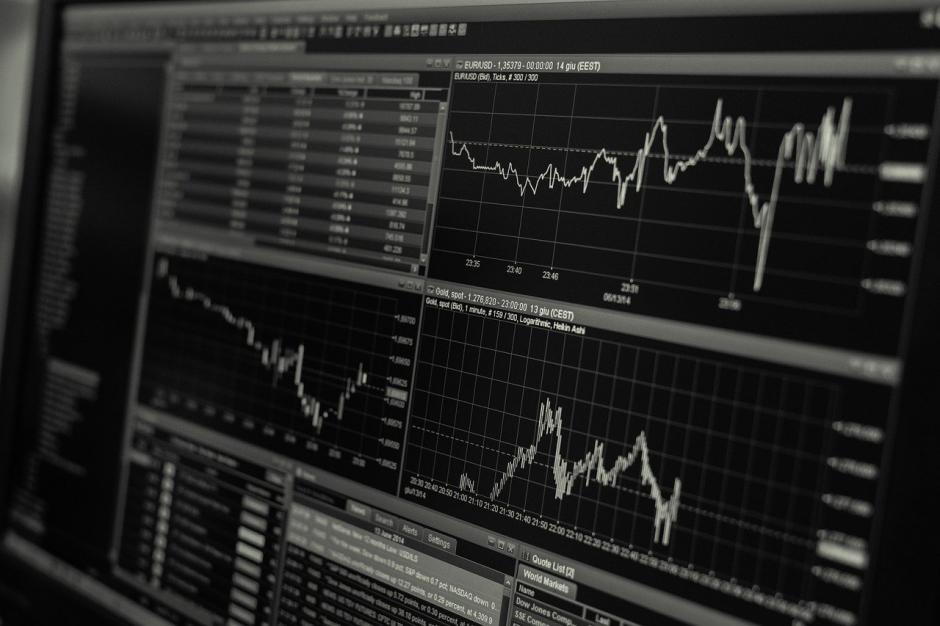Before now, the idea of the world on a compulsory hiatus in their homes with many businesses forced to shut down for what seems like an indefinite period, will have passed as something from a post-apocalypse novel.
However, as a result of the pandemic that is COVID-19, it is the reality we live in today.
You don’t need an expert to tell you about the health repercussions of the pandemic, as they are glaring. With the daunting statistics showing the death toll caused by coronavirus across the globe, fear has taken over the hearts of many.
The message is clear; to survive the pandemic, there are safety and health precautions to take: Social distancing, staying at home, washing your hands regularly, cleaning surfaces you regularly come in contact with, coughing or sneezing into handkerchiefs or your elbow, avoiding shaking people’s hands or opening doors with your hands, drinking hot liquids, drinking water regularly and eating healthy.
With a myriad of businesses indefinitely closed, pay cuts as well as possible job losses, the financial implications of the pandemic also lurks.
In Nigeria, 131 cases and 2 deaths have been reported and in an attempt to curb the pandemic, the government has initiated a two-week lockdown period so as to contain the spread of the virus. The economies of many countries have slowed down.
Governments have had to give billions of dollars in bailouts to businesses to stimulate their economies and economists predict long-term global economic repercussions even outlasting the pandemic. While global pandemics like these cannot be predicted, they can be prepared for and this is what an emergency fund does for you.
An emergency fund, as the name implies, is simply a stash of funds that is set aside as a buffer or safety net towards meeting unexpected contingencies or unplanned expenses. This fund is an important component of any financial plan, as when unexpected events like the current pandemic occurs, there is something to sustain you and help you meet financial obligations – and it makes all the difference. Emergencies do not always have to be global pandemics; sometimes, they take the semblance of sudden job losses, fire outbreaks, accidents, sudden illnesses and so on. Without an emergency fund, when challenges occur, people might be forced to borrow to meet their needs. In order to build an emergency fund, the following steps should be followed:
Set A Target
As Stephen R. Covey put it in his book, The 7 Habits of Highly Effective People, “Begin with an end in mind.” Before you commence the process of setting asides money, it is important that you know exactly how much you want to have in your emergency fund. As a rule of thumb, you are required to set aside between three and six months’ worth of expenses. The idea is that if you do lose your job, you have a period of three to six months to survive without any challenge. It is also assumed that whatever contingency that occurs will not drain more than six months of your salary. Consequently, to determine the target amount for your emergency fund, you will first need to draw up a list of your household expenses for say 6 months, determine the target figure, and set a realistic period in which you want to meet the goal.
Create A Budget And A Savings Plan
With a clear idea of the amount you want to have in your emergency fund, the next step is to create a sustainable system for achieving it. One way to do this is to draw up a budget showing your income and expenses and earmark a specific percentage of your monthly income that goes into the fund. For example, you can decide to set aside 25% of your monthly income for growing your emergency fund. Given that you now have to survive on 75% of your salary, you need to create a budget that allows you stay within your means so as not to keep dipping into your fund. For this, you need to have a clear picture of your income and expenses. Set asides a portion of your spendable salary or income for different activities like household expenses, entertainment, etc. and ensure that you stick with the program. A final tip is to make a mental note to save all your windfalls. In other words, decide that all the unexpected income you receive will find its way into your emergency fund. This will bring you closer to your target faster.
Save
The essence of the planning process is to ensure that savings is not an afterthought. You do not spend first and save what is left; rather, you save first, and spend what is left. A great way to do this is to move money to your savings account automatically through the use of a direct deposit. This way, you can build up consistency and make a habit of saving.
Invest Your Funds For Growth

Saving is incomplete without a measure of investing, primarily because investing gives you an opportunity to exponentially multiply your savings. Through the powers of compounding, you have a significantly faster rate of attaining your target figure than when you try to set-asides money you earn directly. By placing your funds in a high-yield savings account, money market instruments, or equity fund, your money works for you and increases your overall savings. Of course, investments should be made with the right balance of risk and return. For sound investment advice, seek out the professional expertise of fund managers who will provide optimal investment solutions to curb risk while also increasing profits.
Emergencies and contingencies are as constant as life itself. Times like this will come and go but, the lessons will linger on forever. One lesson draw from it is the importance of having an emergency fund.